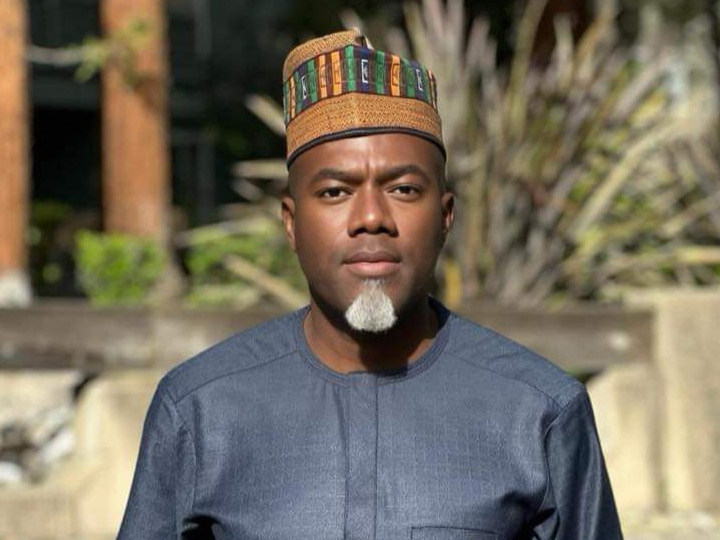10 fact-based reasons why Nigeria’s economy is far from being in shambles

Just yesterday, Bloomberg, perhaps the leading business-focused media on Earth, reported that the world’s largest meat producer, JBS SA, is investing $2.5 billion in Nigeria. Please see
This news, coming at the time it did, stands in sharp contrast to the claim by a Nigerian entertainer that Nigeria’s ‘economy is in shambles’.
The good news from Bloomberg is a pointer to the fact that pundits should be factual rather than emotional when talking about the economy. So I decided to help equip patriotic Nigerians with facts to show that their economy is headed in the right direction.
One: At 35%, Nigeria currently has the highest return on investment (ROI) worldwide, according to the Economist Intelligence Unit published by The Economist Magazine.
Two: The two biggest and most credible rating agencies in the world, Fitch and S&P Global Ratings, upgraded Nigeria’s economy to a Stable B.
Three: Nigeria’s Gross Domestic Product grew by 3.19% in the second quarter of 2024. This growth rate is higher than the 2.51% recorded in the second quarter of 2023 and higher than the first quarter of 2024 growth of 2.98%.
Four: Due to a substantial increase in capital inflow, Nigeria’s foreign reserve hit a year-to-date high of $40 billion in November 2024.
Five: Nigeria earned ₦10.33 trillion in non-oil revenue for the first eight months of 2024. By August 2024, our non-oil revenue had already surpassed the year’s target by 43.4%.
Six: Net foreign exchange inflow onto Nigeria’s economy rose by 67.8% to $27.6 billion in the first half of 2024 from $16.44 billion in 2023, principally because the National Security Adviser blocked leakages, especially from Binance.
READ ALSO
Reece James suffers another injury: A timeline of setbacks and matches missed
Access Bank: Did N500m go missing from deceased customer’s account as claimed?
Bayern Munich vs PSG: Head-to-head, prediction, other things to know
Seven: Due to Nigeria’s new liberalised monetary and fiscal policy, which led to significant upgrades of our economy, American Express introduced its first ever business credit card in Nigeria, the O3 American Express Gold Business Card, thus expanding access to credit to Nigerian businesses.
Eight: President Tinubu Signed the 2023 Electricity Bill into Law to end federal monopoly in the power sector and empower states and the private sector to generate, distribute and transmit power. Due to this law, the private net worth of entrepreneurs in Nigeria’s power sector, such as Mr. Adedeji Adeleke, grew by a conservative estimate of a collective $1.8 billion.
Nine: Due to the upgrade of Nigeria’s economy by Fitch and Standard and Poor, Meta (Facebook) introduced monetisation for Nigerian content creators in June of 2024.
Ten: The Nigeria Customs Service broke its daily revenue record with Area 11, Command Onne, raking in ₦22 billion daily, while the Apapa Command hit ₦2 Trillion in revenue by October of 2024
From the above, it is crystal clear that Nigeria’s economy is the opposite of being shambolic. As the Managing Director of the International Monetary Fund, Kristalina Georgieva, said on the sidelines of the G20 Summit in Rio de Janeiro, Brazil, the world is beginning to see the benefits of Nigeria’s reforms. The IMF MD described the reforms as ‘decisive’ and declared that they have the effect of ‘fostering economic growth and creating jobs’.
If you have an opportunity to speak to the world, use it to market Nigeria. I am not saying you should market the government, President Tinubu, or the All Progressives Congress. No. Market Nigeria. You owe that to yourself, at least.
By Reno Omokri

